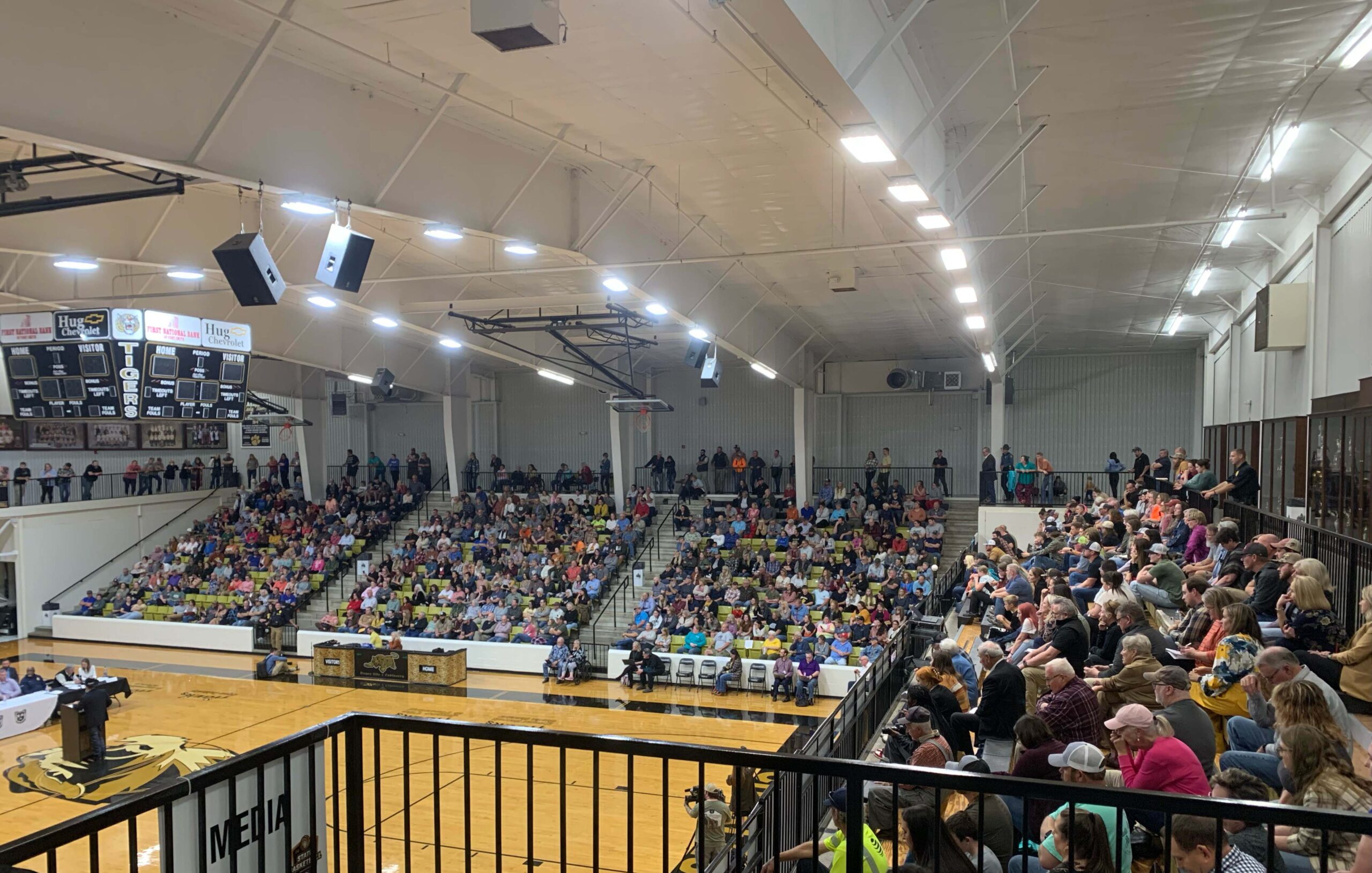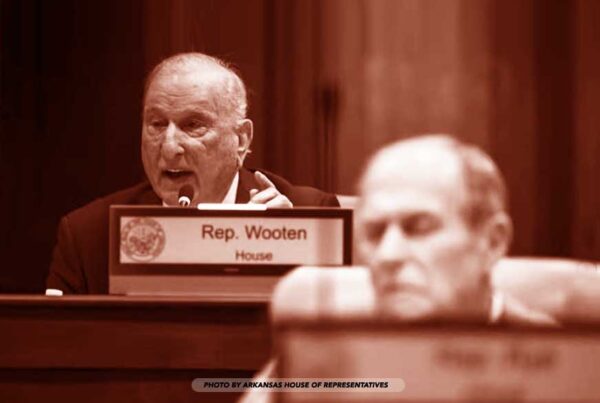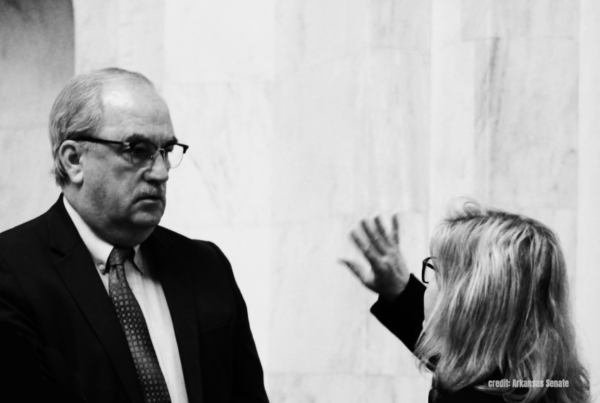Last night in Charleston, Arkansas, residents packed out a town hall to express their frustration with Governor Sarah Sanders’ seemingly sudden decision to build a massive 3,000-bed prison on the outskirts of their small town. Charleston residents are understandably outraged by the secrecy and the size of a facility that would dramatically alter their town.
This decision is par for the course with our state leaders: the assumption that they always know what’s best, disregarding the voices and insights of the people who will be directly impacted.
Charleston residents weren’t given the courtesy of early communication, input, or even the option to weigh in. Instead, they were left to react to a decision made behind closed doors — a decision made three months ago which was only recently shared with local officials and residents.
The state’s approach here isn’t just dismissive; it flies in the face of the fundamental principles of local control. People have a right to influence what happens in their backyards, especially when it comes to projects that will drastically reshape their town’s landscape, infrastructure, and social environment.
Moreover, the rushed and secretive manner of the proposal raises questions: Why weren’t local concerns about pollution, infrastructure, and quality of life addressed upfront? Why has there been no conversation on alternatives to address crime, like investing in programs that tackle the root causes—poverty, mental health, and education?
Instead, our state clings to outdated approaches that don’t solve the core issues. We deepen the disconnect between leaders and the communities they claim to represent.
For Arkansas residents, let this be a reminder: leaders should serve, not steamroll, their communities. Let’s make sure they hear us loud and clear.





